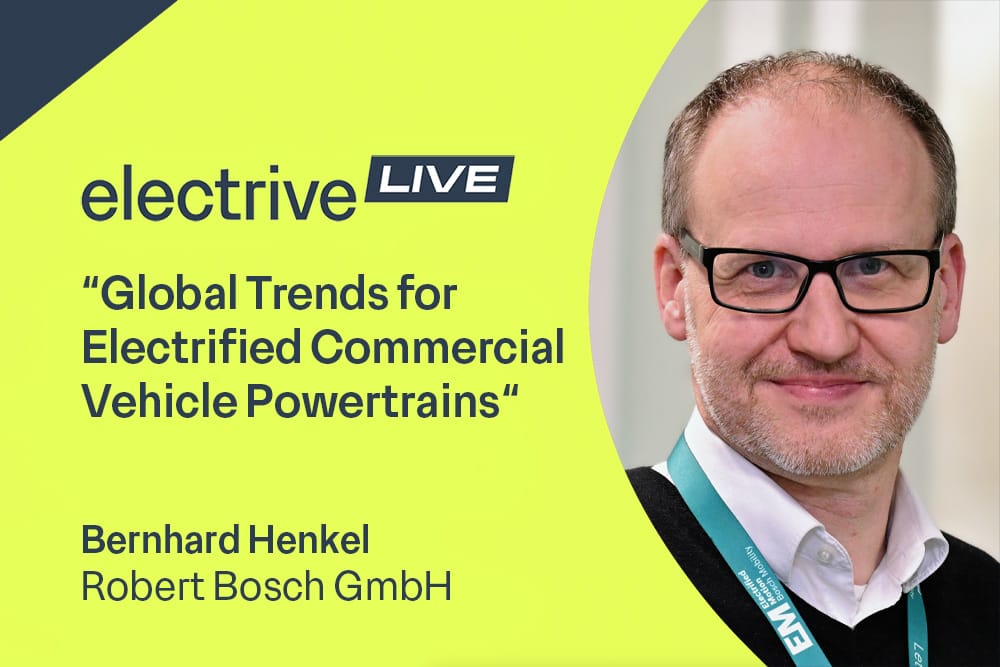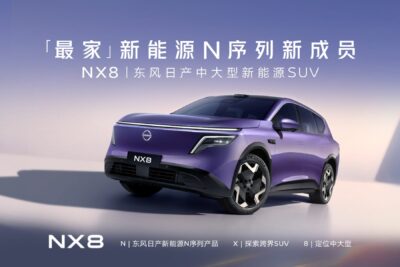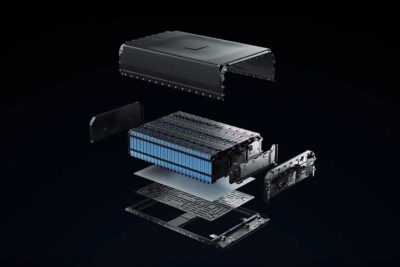“Global Trends and Solutions for Electrified Commercial Vehicle Powertrains” – Bernhard Henkel from Bosch
For Bernhard Henkel, Vice President Commercial Vehicle Electrification at Bosch, the race to decarbonise freight transport is nothing less than “the biggest challenge for the transportation industry ever.” Speaking at our online conference electrive LIVE, he offered a global perspective on the electrification of commercial vehicles – and a blunt assessment of the hurdles still ahead.
“The biggest challenge for the transportation industry ever is to change from fossil to regenerative energy within 15 years,” Henkel said, adding that the sector must reduce greenhouse gas emissions by around 760 million tonnes annually, of which 200 million tonnes come from heavy commercial vehicles. While European OEMs are on track to meet the 2025 CO₂ reduction targets, the real test lies in 2030. “By then, truckmakers must cut emissions by 43 per cent compared to 2019 levels. The only feasible way is to push the share of battery-electric vehicles from today’s 3.5 per cent to 30 or even 35 per cent,” Henkel explained.
That requires three factors to align: vehicles, infrastructure, and a total cost of ownership advantage. If even one lags behind, uptake will stall. Henkel stressed that this is particularly visible in long-haul transport. “The trucks are available, but charging infrastructure is insufficient and energy costs are still too high. Under these conditions, it is very difficult to achieve a positive business case.”
Regional outlook and technological trends
Looking beyond Europe, Henkel described diverging global dynamics. In North America, deregulation under the Trump administration caused OEMs to halt electric truck programmes, forcing Bosch to pause its own development work. “This is painful,” Henkel admitted, and it leaves the US with only a 10–15 per cent electrification share in 2030. China, by contrast, has become the clear lead market. “The government and major players like CATL are investing heavily in infrastructure. Battery prices have dropped, and energy costs remain low. That enables a positive business case for almost all applications.”
Today, electrification rates in some heavy-duty use cases in China already exceed 25 per cent, while light commercial vehicles are approaching 90 per cent. “Seven out of ten trucks worldwide will be sold in China. For Bosch, China is somehow the gym for our global business,” Henkel said.
On the technology side, Bosch sees rigid e-axles becoming the dominant topology for heavy-duty trucks, offering weight savings, efficiency gains, and more space for batteries. At the same time, performance density and efficiency are advancing rapidly. “By innovative rotor and stator cooling, we can build components significantly smaller. Our in-house silicon carbide chips reach efficiencies above 99 per cent,” Henkel noted. Cost reduction, however, remains the overriding KPI, achieved through product innovation, integration, and economies of scale.
Henkel also underlined the growing importance of sustainability in supply chains and the need for close cooperation with truckmakers. But above all, energy costs will determine how fast electric trucks become mainstream. “If you can realise depot charging with photovoltaics, wind, and storage, then you have the best opportunity to be competitive. But if you rely on public charging at 70 or 80 cents per kilowatt hour, this will not work in the commercial vehicle sector,” he warned.
For Bosch, the path forward is clear: openness to multiple technologies, strong partnerships with OEMs, and global positioning to balance regional differences. Yet the ultimate enabler is outside the industry’s direct control. “Energy cost is a really high impact. It will decide the success of truck electrification by the end of the day,” Henkel concluded.





0 Comments